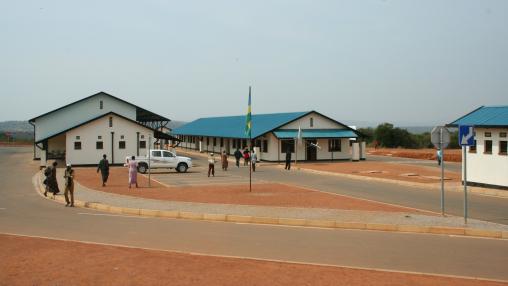
Resilience in Rwanda: New Brief Looks at Impact of Economic Shock
On January 12, 2024, trade between Rwanda and Burundi came to a halt when the border crossing was unexpectedly closed. Food prices in Rwanda may have been expected to fluctuate more than normal as a result—both falling prices for commodities typically exported to Burundi that instead began flooding local markets and rising prices for commodities typically imported from Burundi that faced suddenly limited local supply.
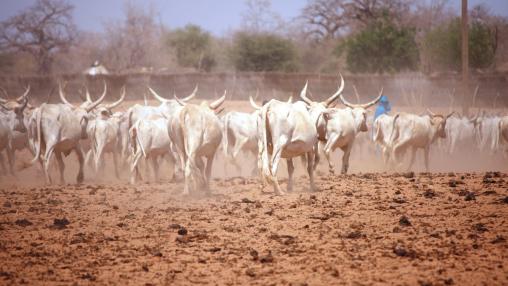
Acute Food Insecurity Expected to Rise in West Africa and the Sahel
Food insecurity is escalating in West Africa and the Sahel region, according to the latest Regional Report on Food Security and Nutrition in West Africa and the Sahel (RRSAN) from the Food Security Information Network (FSIN). Between June and August 2024, as many as 50 million people across 16 countries could face CH Phase 3 (Crisis) or above food insecurity.
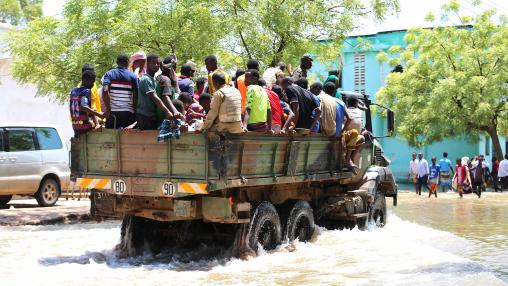
Increasing Resilience in the Face of Climate Shocks: Evidence from Somalia
In October 2023, the Baidoa district of Somalia experienced severe flooding, impacting more than 120,000 people, including nearly 100,000 internally displaced people. In a new IFPRI learning brief, researchers explore how this extreme weather event affected households in the area and how the country’s Ultra-Poor Graduation (UPG) intervention can play an enhanced role in protecting vulnerable populations from future shocks.
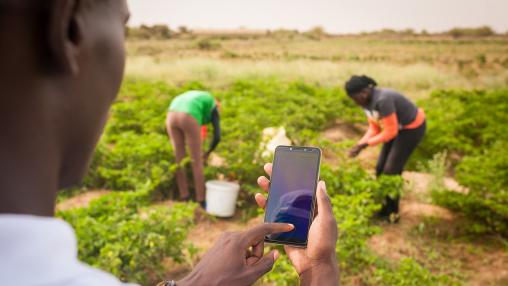
Agricultural Cooperatives Could Hold Key to Increasing Resilience to Shocks
Strong agricultural cooperatives could be a powerful pathway to protect vulnerable populations from food insecurity caused by shocks like the COVID-19 pandemic, according to a recent paper in Agriculture & Food Security.
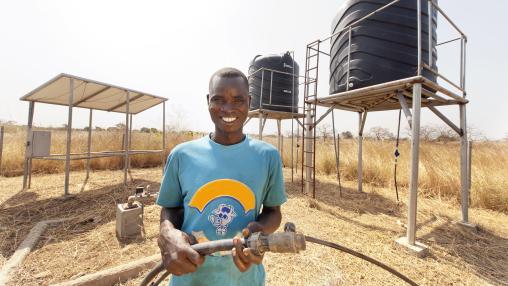
Africa's Food Systems on Cusp of Transformation: 2023 ATOR Released
As 2025 – the deadline for the Malabo Declaration commitments – approaches, African policymakers are taking stock of the region’s progress toward the Comprehensive Africa Agriculture Development Programme (CAADP) framework for agriculture-led growth and development and determining what CAADP implementation will look like post-Malabo. The 2023 ReSAKSS Annual Trends and Outlook Report (ATOR) examines these questions, with a particular emphasis on the future of Africa’s food systems.
Impacts of Global Shocks on Poverty, Hunger, and Diets
Please join us for a presentation by Xinshen Diao and James Thurlow with the International Food Policy Research Institute (IFPRI) on their latest round of country impact modeling.
This analysis examines the impact of recent and potential global shocks on poverty, hunger, and diets across 17 countries. These shocks include the COVID-19 pandemic, high global commodity prices, and a potential global economic slowdown in 2023.
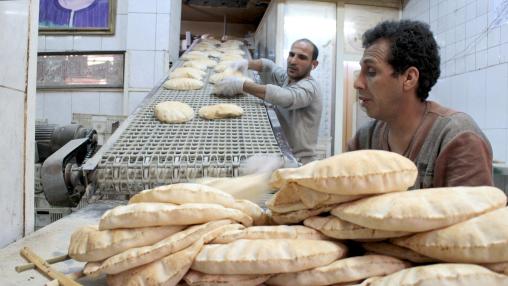
The Russia-Ukraine crisis poses a serious food security threat for Egypt
Russia's invasion of Ukraine has imperiled global food security—creating suffering within Ukraine and displacing millions, while disrupting agricultural production and trade from one of the world's major exporting regions. The latter threatens to drive rising food prices still higher and create scarcity, especially for regions most dependent on exports from Russia and Ukraine—particularly the Middle East and North Africa.
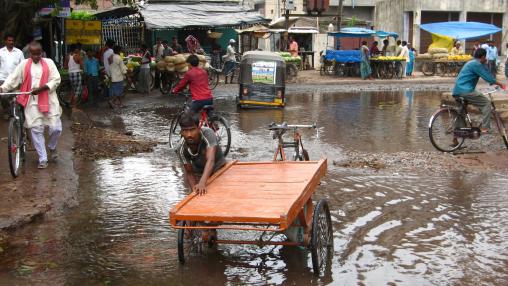
The world is not on track to end hunger: 2021 SOFI report released
Our window of opportunity for achieving SDG 2 — eradicating hunger and malnutrition and ensuring access to safe, nutritious, and sufficient food for all by 2030 — is closing rapidly. However, far from moving closer to that goal, the world has seen a resurgence of hunger and food insecurity.

Policy responses to COVID-19: What worked and how to build resilience for the future
The COVID-19 pandemic has presented countries with enormous policy challenges. Policymakers have had to balance limited resources between health, food systems, and economies in a continually evolving public health emergency and an associated recession. Low-income countries have faced especially difficult choices because of their limited budgets and administrative capacity.
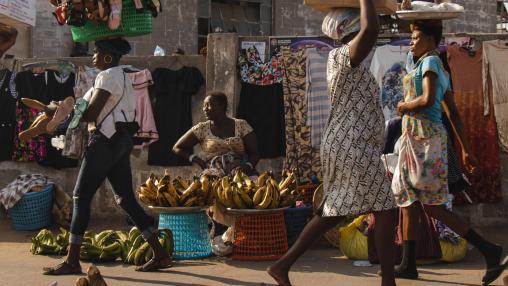
Impacts of Ghana's COVID-19 Response
By: Sara Gustafson